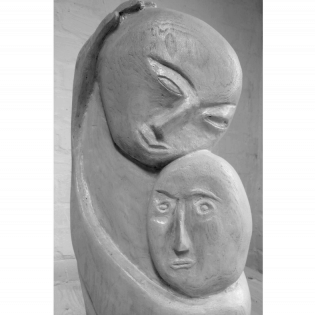Benjamin Franklin's work was in service to making a better world, and he influenced the nonprofit sector. His book, Poor Richards Almanack, makes connections to the common good through personal virtue and actions. The participants choose quotes to create posters that communicate...
Filter by subjects:
Filter by grades:
Filter by audience:
Filter by issue area:
Filter by content type:
Filter by resource type:
resource search
In this lesson, participants read quotes and background on European Americans that exemplify their giving traditions. They listen and summarize passages, and then illustrate one person's view or experience and place the illustration and quote on a classroom...
This lesson will teach the basic Biblical laws of Tza’ar Ba’alei Chaim (the Prevention of Cruelty to Animals) the rationale that supports these laws, and practical applications of these laws in today’s world. The learner will participate in a class project aimed to assist community...
Video Clip and Discussion Guide: Every major religion has a message of love and kindness. People of all faiths believe doing good and love for humanity are the building blocks of any community, or civil society. Listen to representatives from Jewish, Christian, Muslim, and secular perspectives talk about love and service, or philanthropy. Note the common language of responsibility, justice, and love requiring that we serve -- moving from the individual to community in our actions.
Students learn about the roles of bees in a colony and discuss how that relates to people in community. Bees have an important role in nature as pollinators, but their population numbers have been declining in recent years. Students write a letter or create a flyer to teach others how to help...
Definition
The learners analyze examples from history of civic virtue and then select the characteristics they believe are most important for enduring citizen engagement.
This lesson focuses on the language of human rights. Learners examine the Universal Declaration of Human Rights and analyze the rights from a personal perspective. They discuss how well they perceive that the rights are enforced.
